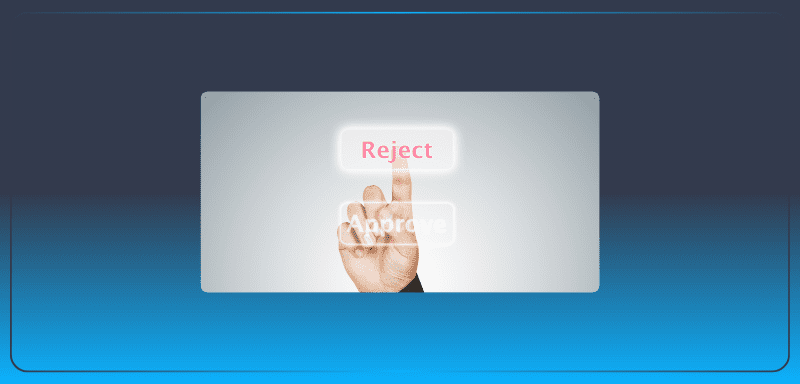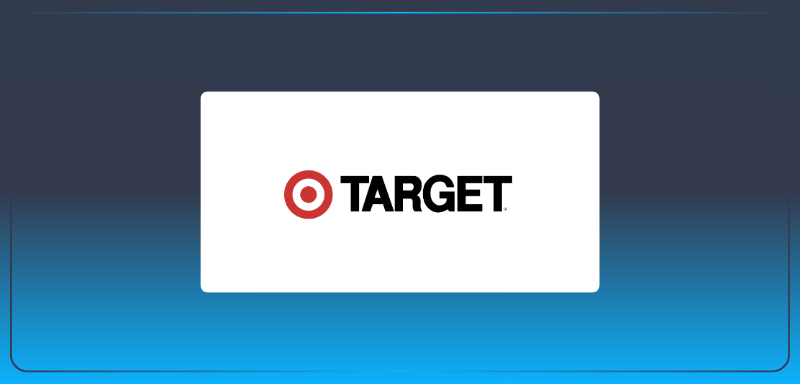Career
How to Prepare for Behavioral Interview Questions
Discover how to stand out in interviews with strategic responses to behavioral questions. Learn how to structure your answers and avoid common mistakes to impress recruiters.
Advertisement
Improve your performance in selection processes

Behavioral interviews are becoming an increasingly important part of modern recruitment processes. They are designed to assess how you have handled specific situations in the past and how those experiences may influence your future performance.
Properly preparing for these questions is essential to highlight your skills and ensure you present yourself in the best possible light.
Read this full article and get the best tips!
Understanding Behavioral Questions
Behavioral questions ask you to provide concrete examples of how you have faced and resolved situations in past experiences.
Understanding the purpose of these questions and how to approach them can turn a potentially stressful moment into a chance to shine.
They often start with phrases like “Tell me about a time when…” or “Give an example of when…”
These questions help recruiters understand your behavior, skills, and approach to problem-solving.
Why Are They Important?
These questions are important because they allow interviewers to look beyond your resume and theoretical answers.
They seek to understand how you actually act in real situations, which can be a more reliable indicator of your potential performance.
Preparing for Behavioral Questions
Preparing for behavioral questions is a fundamental step to doing well in an interview.
These questions require you to reflect on past experiences and demonstrate how your actions and decisions helped solve problems or achieve goals.
The key to good preparation is to practice structuring your answers clearly and effectively. Here are some effective tactics for proper preparation:

The Importance of Networking in Your Career
Learn how networking can transform your career with effective strategies and practical tips for building valuable connections.
Review Your Past Experiences
Before an interview, take stock of your professional and academic experiences. Think of situations that demonstrate your skills and abilities.
Consider experiences that show how you handled challenges, worked as a team, and achieved results.
Examples of Situations to Consider
- Successful team projects.
- Moments when you overcame a significant challenge.
- Cases where you had to make challenging choices.
- Examples of how you managed conflicts.
Use the STAR Method
The STAR method is an effective approach to organizing your responses to behavioral questions. Each letter in the word STAR has a meaning: Situation, Task, Action, and Result.
- Situation: Provide an overview of the environment or situation you found yourself in.
- Task: Detail the specific task or challenge you had to face.
- Action: Describe the specific actions you took to deal with the situation.
- Result: Report the results or impact of your actions.
Example Response Using the STAR Method
Question: “Tell me about a time when you had to deal with a disagreement in the workplace.”
Response:
- Situation: “In my previous job, there was a conflict between two teammates over the strategy to be adopted for a project.”
- Task: “My role was to mediate the conflict and find a solution that met the needs of both.”
- Action: “I organized a meeting to listen to each person’s concerns, proposed a compromise solution, and coordinated a plan to integrate their ideas.”
- Result: “As a result, we were able to successfully complete the project and the relationship between team members improved significantly.”
Practice Your Answers
Practice is key to doing well in behavioral interviews. Practice asking questions and answering them out loud. This will help you articulate your answers clearly and build confidence.
Practice Techniques
- Role-play with a friend: Ask someone to play the role of the interviewer and practice your answers.
- Recordings: Record your answers and evaluate their clarity and effectiveness.
- Feedback: Ask for feedback on your answers to continually improve.
Tips for Answering Behavioral Questions
Answering behavioral questions can be challenging, but with the right strategies, you can stand out and demonstrate your skills effectively.
Here are some practical tips to help you formulate impactful responses:
Be Specific and Concise
Provide clear, detailed answers, highlighting concrete examples that demonstrate your skills and accomplishments.
Replace generalities with specific situations that show how you applied your skills and achieved results.
Stay Focused on Your Role
While you may have worked as a team, focus on your individual contributions. Emphasize how your direct actions contributed to the ultimate success.
Explain what measures you have taken and clearly show the results achieved, demonstrating the positive impact your decisions have had on performance or results obtained.
Prepare for Follow-up Questions
Interviewers may ask additional questions to get more details about your answers. Be prepared to expand on your answers and provide more information if necessary.
What to Avoid in Behavioral Questions
Answering behavioral questions can be challenging, but with the right strategies, you can stand out and demonstrate your skills effectively.
Here are some practical tips to help you formulate impactful responses:
Avoid Criticizing Others
Don’t use your answers to criticize coworkers or former supervisors. Focus on how you handled the situation constructively.
Don't Be Overly Negative
Keep the tone of your answers positive. Even if you’re talking about a challenge, highlight what you learned and how you grew from the experience.
Avoid Generic Responses
Avoid answers that could apply to any situation. Provide concrete examples and specific details to showcase your real skills.
Additional Examples of Behavioral Questions
- “Share an experience where you had to quickly acquire a new skill to complete a project.”
- “Tell me about a challenge you faced working with a diverse team and how you overcame it.”
- “Tell me about a time when you had to manage multiple tasks with tight deadlines.”
Conclusion
Preparing for behavioral interview questions is a process that involves reflection, practice, and strategy.
By following these guidelines, you will be able to demonstrate your skills effectively and increase your chances of success in the selection process.
The key is to be specific, focused, and well-prepared to highlight your experiences and accomplishments.

How to Negotiate Salary and Benefits
Discover how to negotiate salary and benefits during the hiring process with effective strategies to ensure a fair and advantageous offer.
Trending Topics

Job openings at McDonald's: a guide to applying!
Interested in McDonald's job openings? Discover benefits, application process and salaries to advance your career.
Keep Reading
How to deal with rejection in the selection process and stay motivated
Learn how to deal with rejection in selection processes with effective strategies to maintain motivation and continue your job search.
Keep Reading
Kroger Jobs: Your Chance to Earn Up to $20 an Hour!
Learn how to apply for jobs at Kroger and learn about the benefits offered, available positions and tips to stand out in the selection process!
Keep ReadingYou may also like

Cleaning Jobs: See how to apply for positions in this sector.
Find safe and growing cleaning job opportunities; learn more about employment benefits in the cleaning industry.
Keep Reading
How to Get a Job with No Experience: Tips for Newbies in the Job Market
Discover how to get a job without experience with practical strategies for beginners in the job market!
Keep Reading
Target Job: build your career in a leading company!
Explore job opportunities at Target. Learn about the company's culture, benefits, and available positions!
Keep Reading